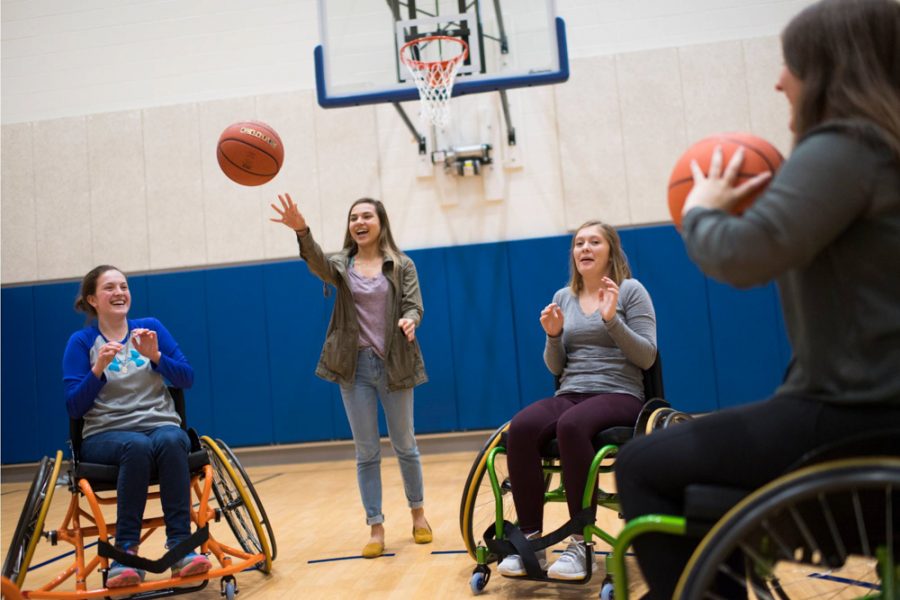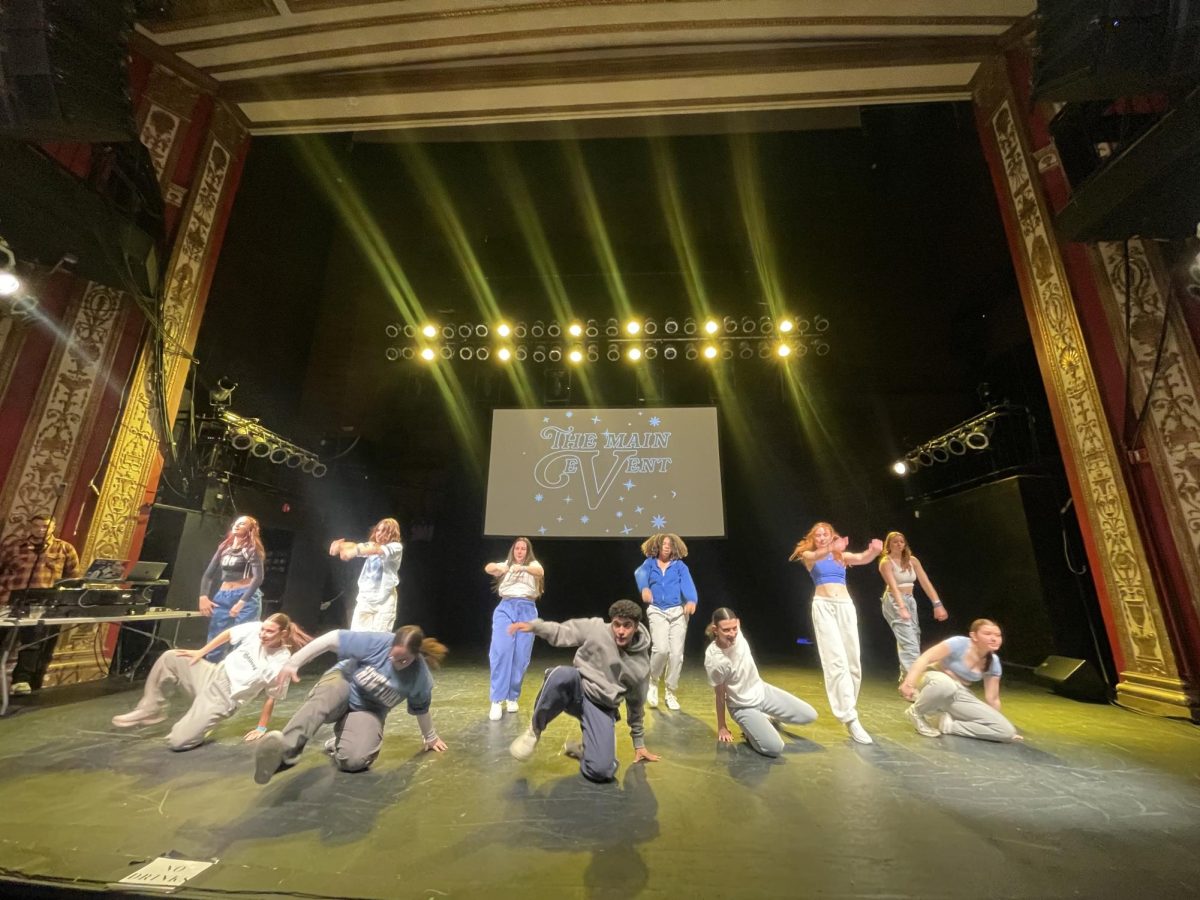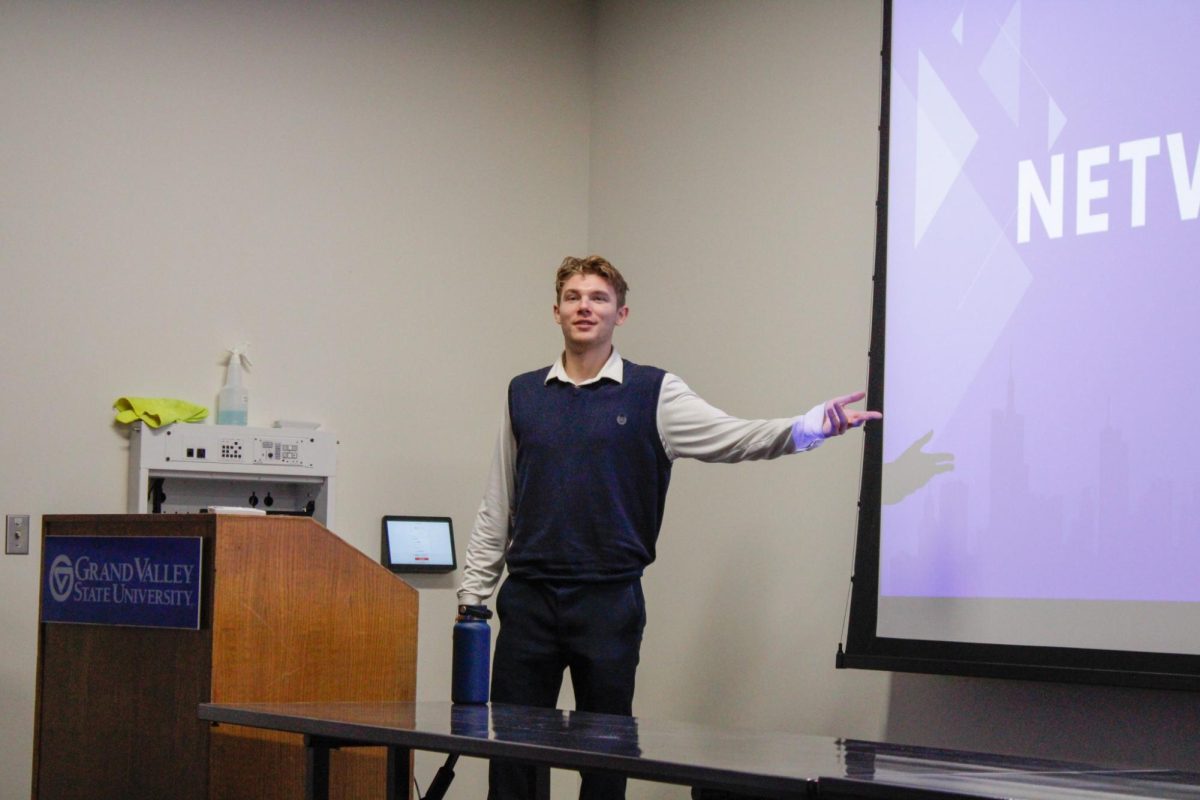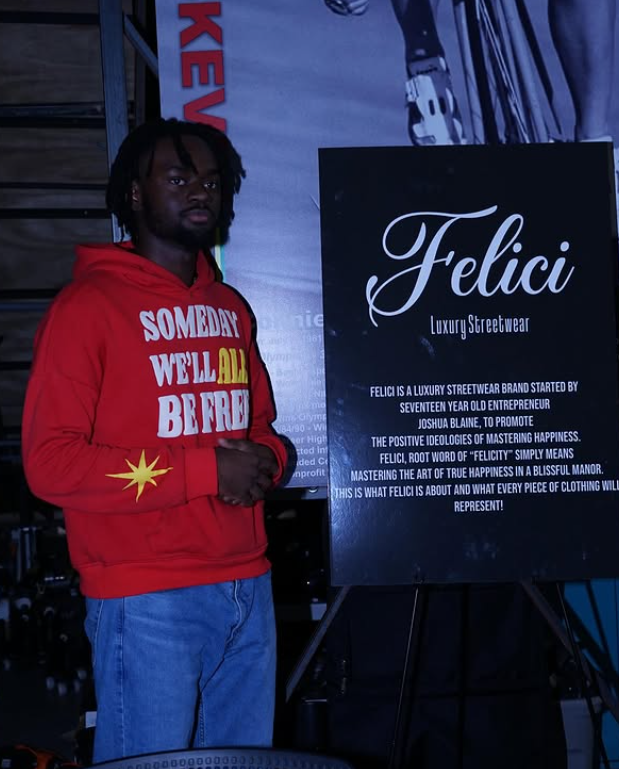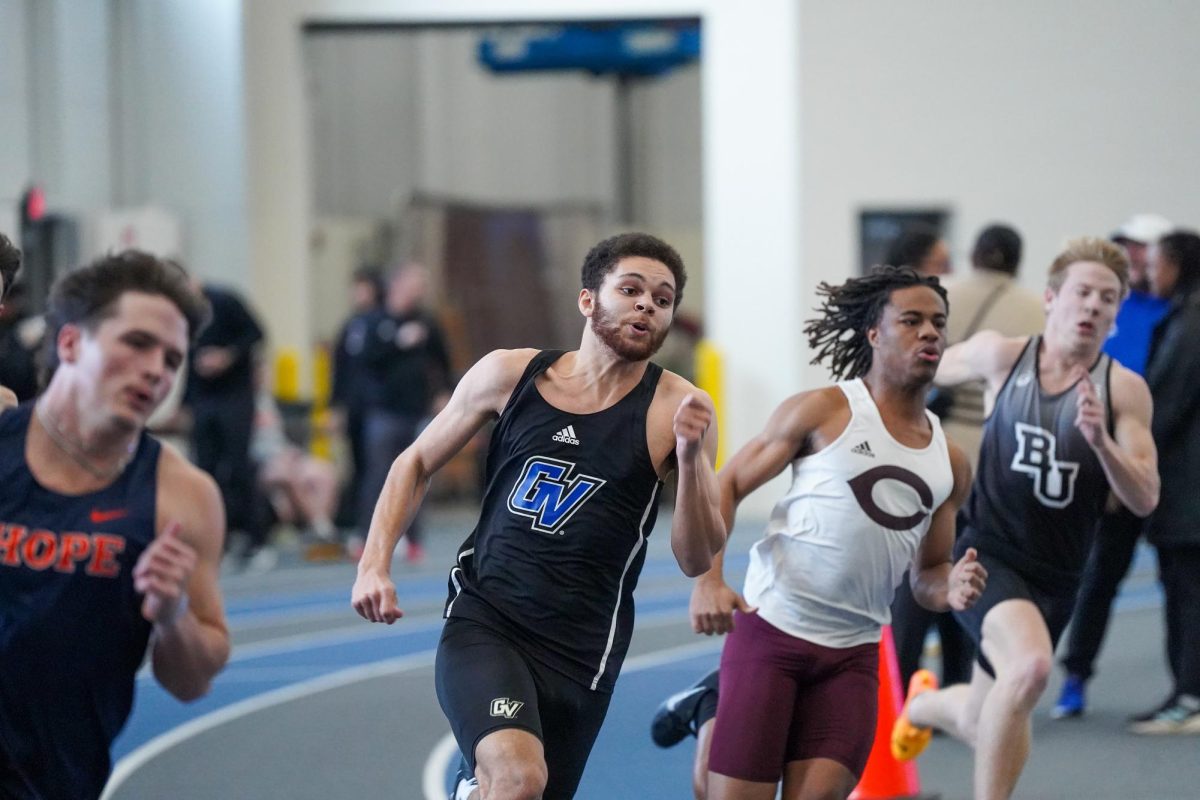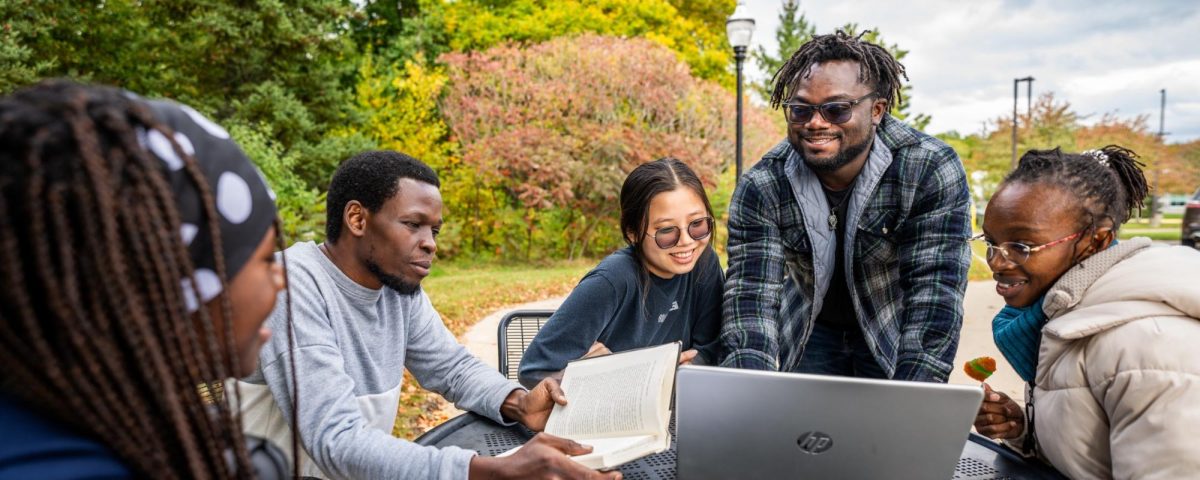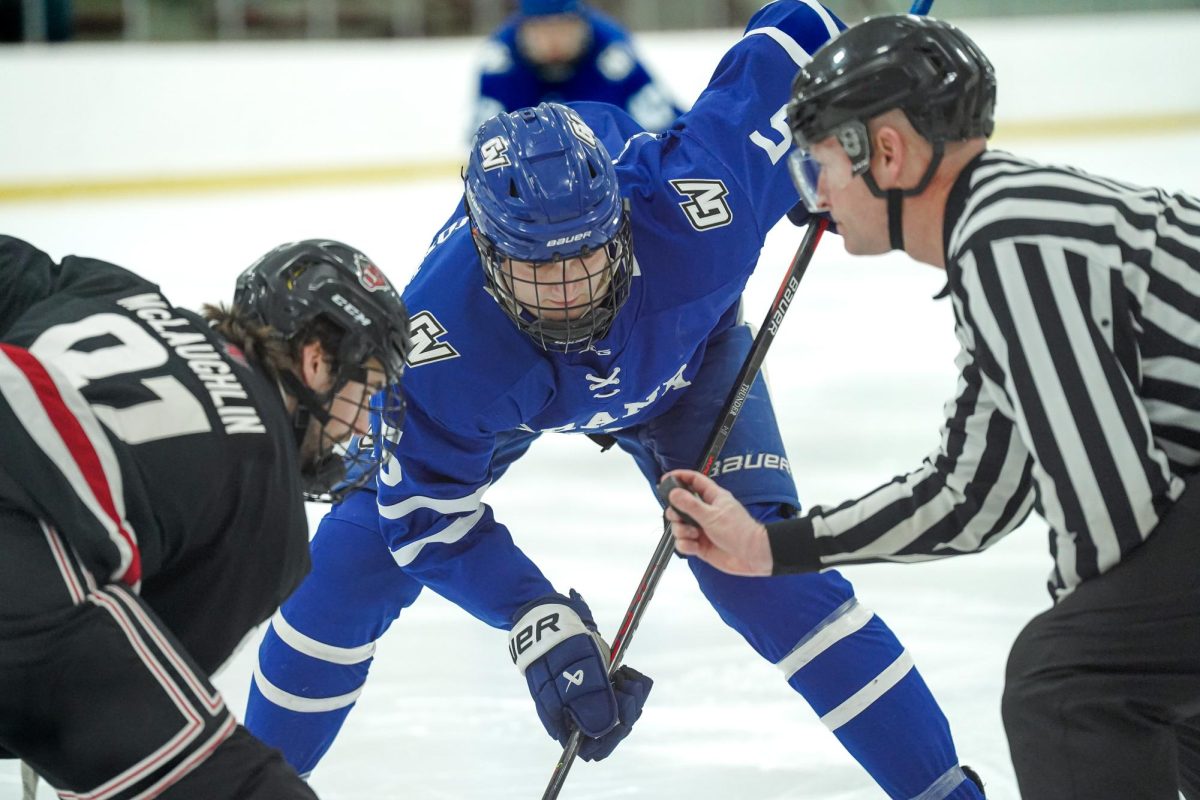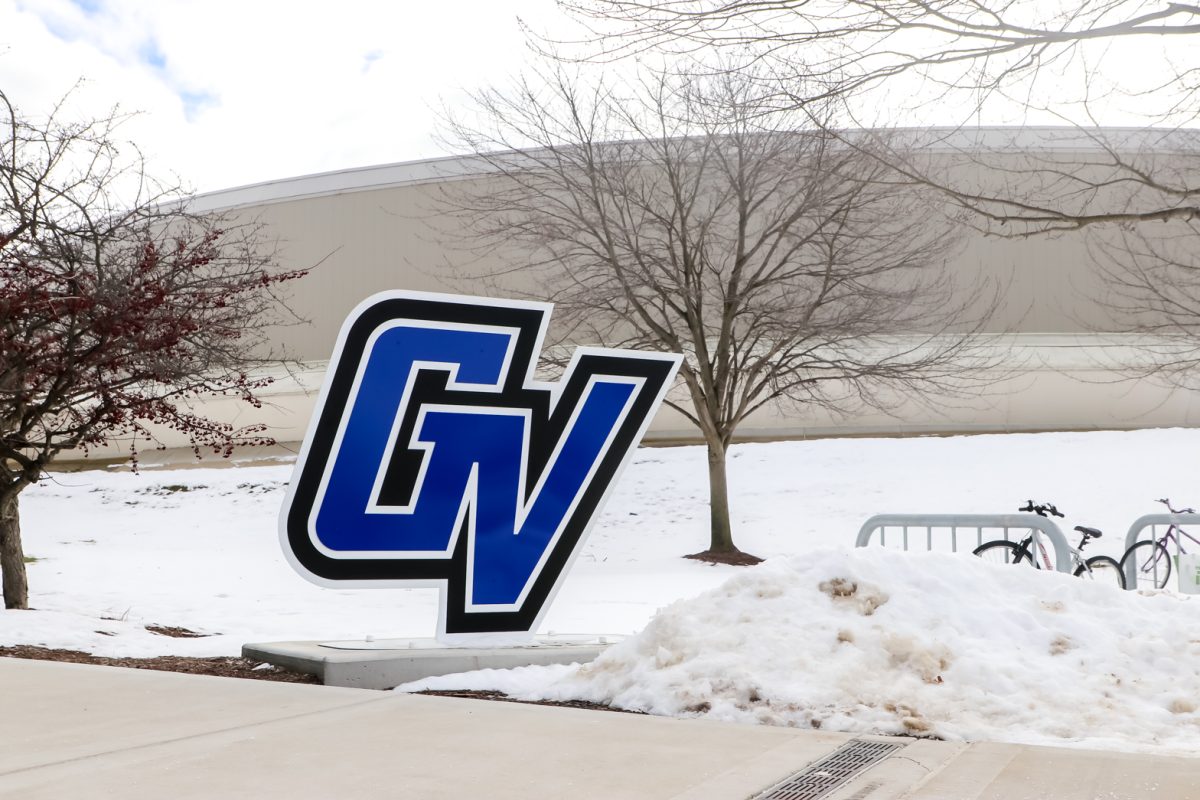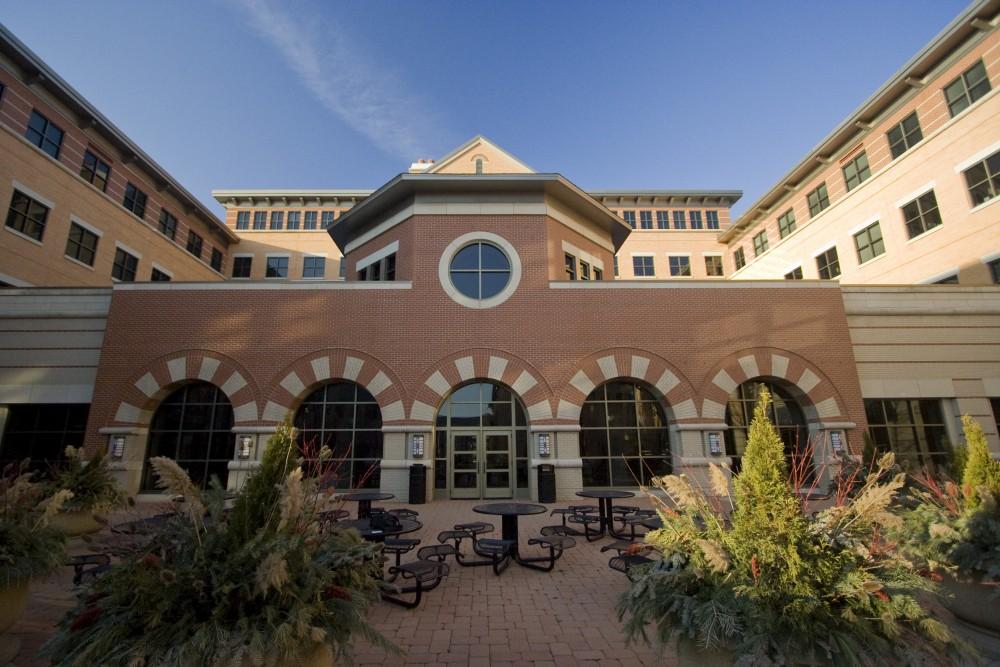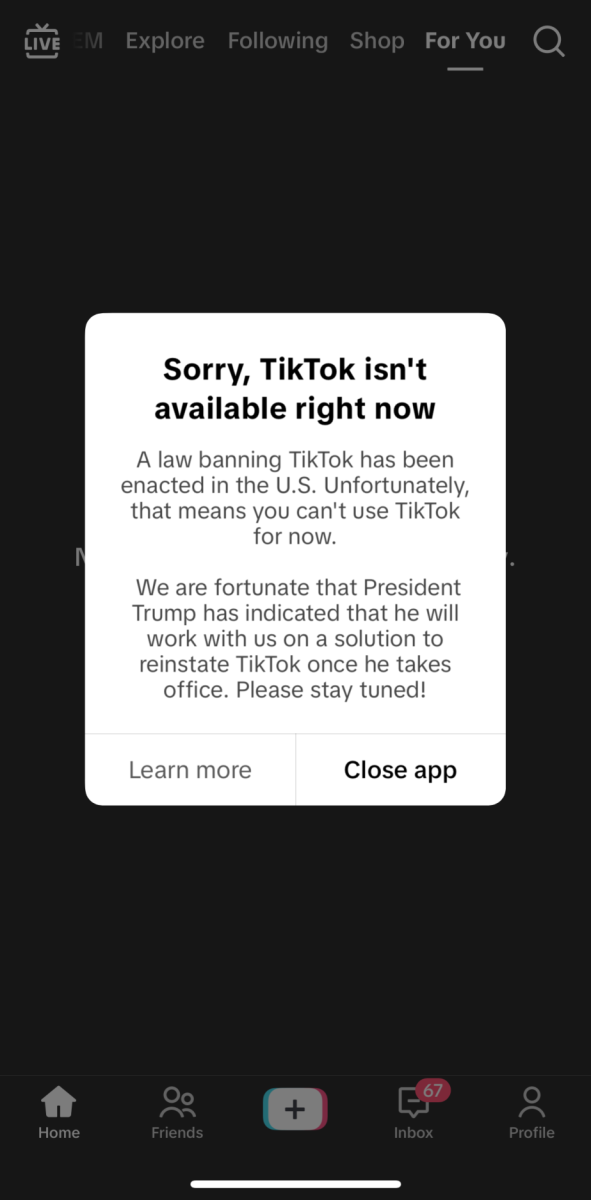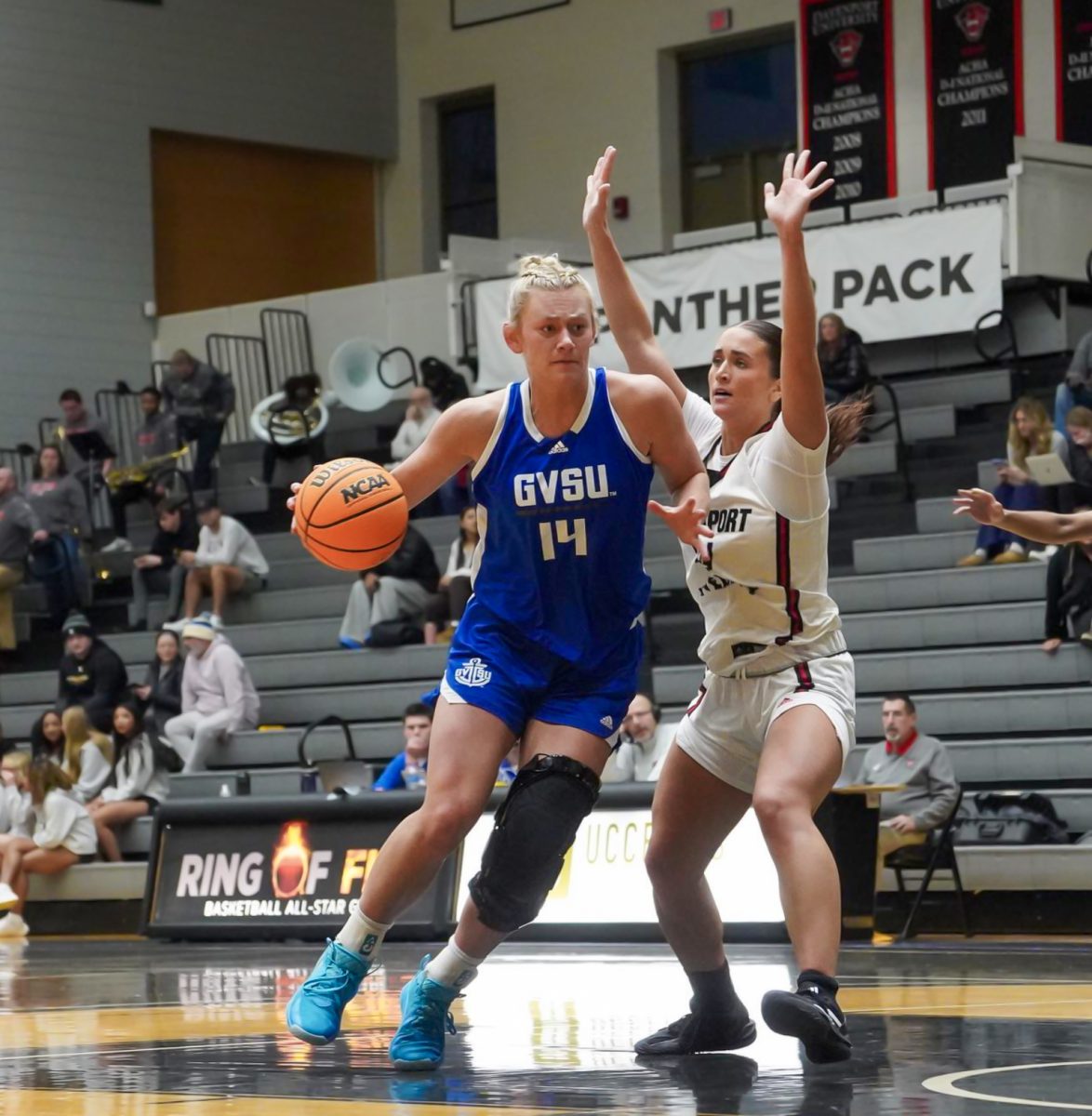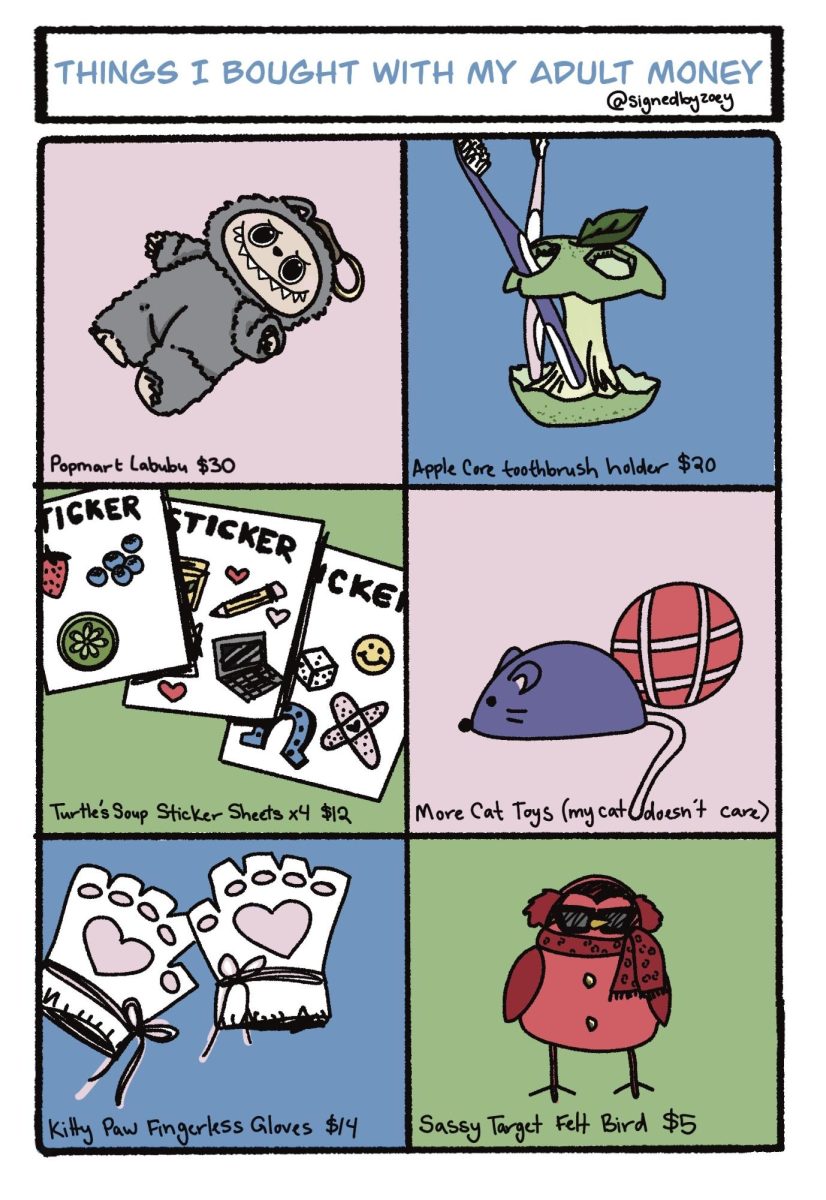GV Board of Trustees approves recreational therapy master’s program
Mar 22, 2021
The recreational therapy department at Grand Valley State University has recently announced its newly approved advanced practice master’s program.
Starting in the Fall 2021 semester, current first-year students in the recreational therapy undergraduate program will have the opportunity to take graduate-level classes that will count towards their master’s degree. The department then plans to open their one-year advanced practice program to students who have finished their degree in recreational therapy in Fall 2022.
The recreational therapy master’s program has been in the works for three years and was just recently granted approval by the Board of Trustees after passing through many committees and finally reaching the provost. The department said they are nonetheless excited to begin working with future graduate students and getting the program off the ground.
“I am excited to be on the cutting edge for our field and moving towards this advanced practice,” said Dawn De Vries, Program Director and Associate Professor in the Recreational Therapy Program. “As a field, we are talking about moving to be a master’s to practice and we’ll be one of those early programs that can achieve that. I think having the master’s program and having students who are passionate about working with different populations will allow us to teach more, explore more of those issues and look at how we as Grand Valley recreation therapists can affect research and practice globally.”
While Clemson University has an advanced practice program housed in their parks and recreation program, GVSU will be the first in the United States to offer advanced practice in health professions. During their time in the master’s program, students will develop more advanced skills, techniques and interventions for working in areas such as intellectual and developmental disabilities or adaptive sports through hands-on clinical experience.
“The master’s degree will have an emphasis on evidence-based practice and working on improving research and translating research into everyday practice,” De Vries said. “There’s a bunch of universities that have master’s programs and rec therapy, but they’re not advanced practice. They are for people that have degrees in other fields coming into the field versus ours is if you’re a recreation therapist, and you want to develop our advanced skills.”
Currently, the master’s program offers three elective courses for students to develop higher competencies in three of the populations they work with. All master’s classes will be taught online with in-person classes occurring at Raleigh J. Finkelstein Hall on Friday afternoons to account for the student’s work and home lives.
The ultimate goal of the program over the next three years is to offer three classes per population, meaning there would be three classes addressing recreational therapy for older adults, three for behavioral health and three for physical disabilities.
De Vries said that while a master’s degree is not needed for entry-level positions in recreational therapy, receiving a master’s in the field opens students up to higher-level positions. A master’s degree in recreational therapy can qualify students for management jobs, allow them to teach at the bachelor level, and give them the opportunity to open their own private practice in the future.
Over the years, the field of recreational therapy has grown to see many developments that have greatly improved the quality of life for many. Students going into this diverse field not only have the opportunity to improve patients’ physical and cognitive health but also help patients regain skills that were previously thought to be impossible to learn again.
“One of the rewarding things that we do as rec therapists is to help people maintain or return to things they thought they can never do again, and still enjoy leisure and recreation and their life,” De Vries said. “That’s just an incredible way to touch people’s lives and really make a difference.”




